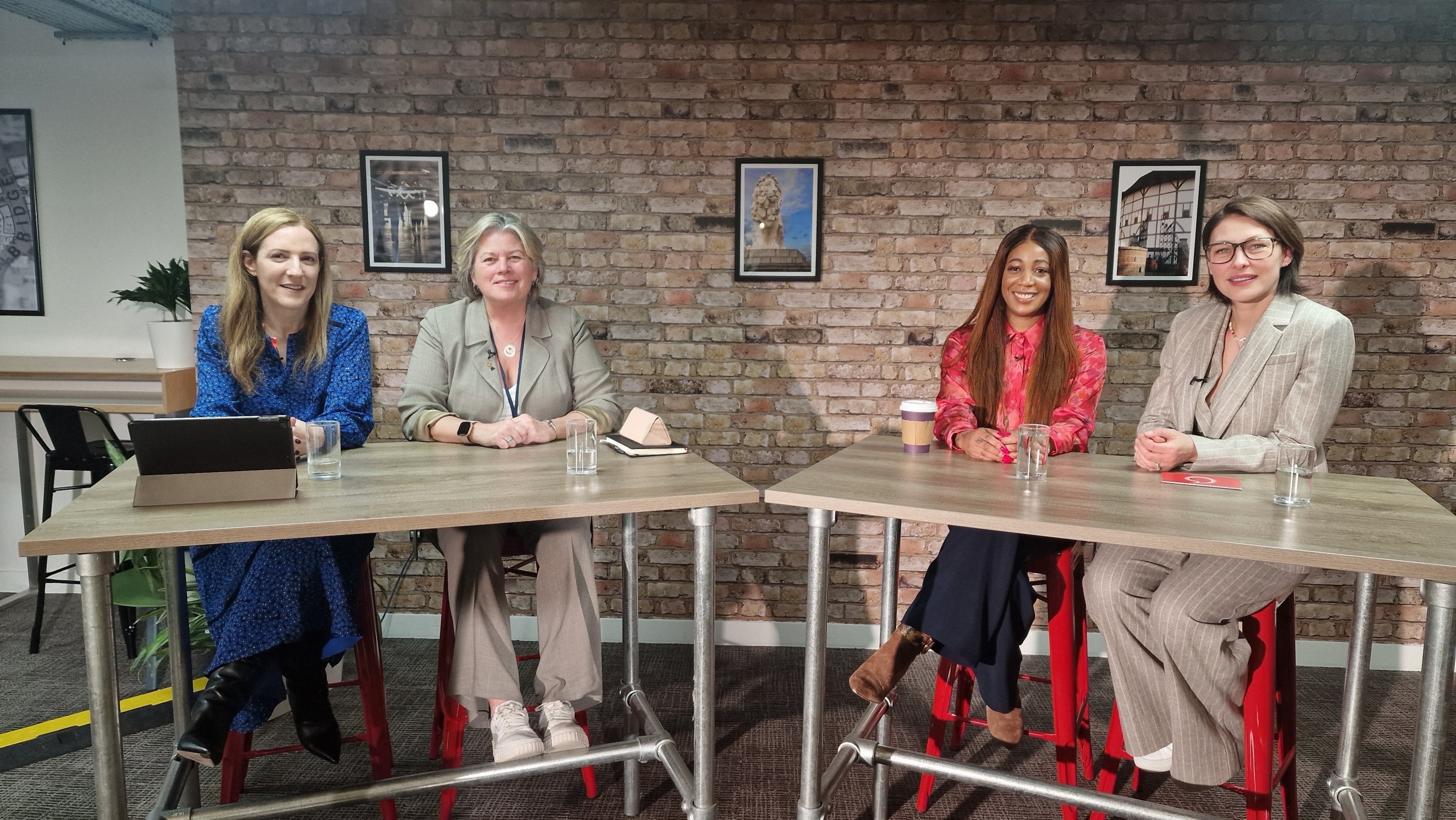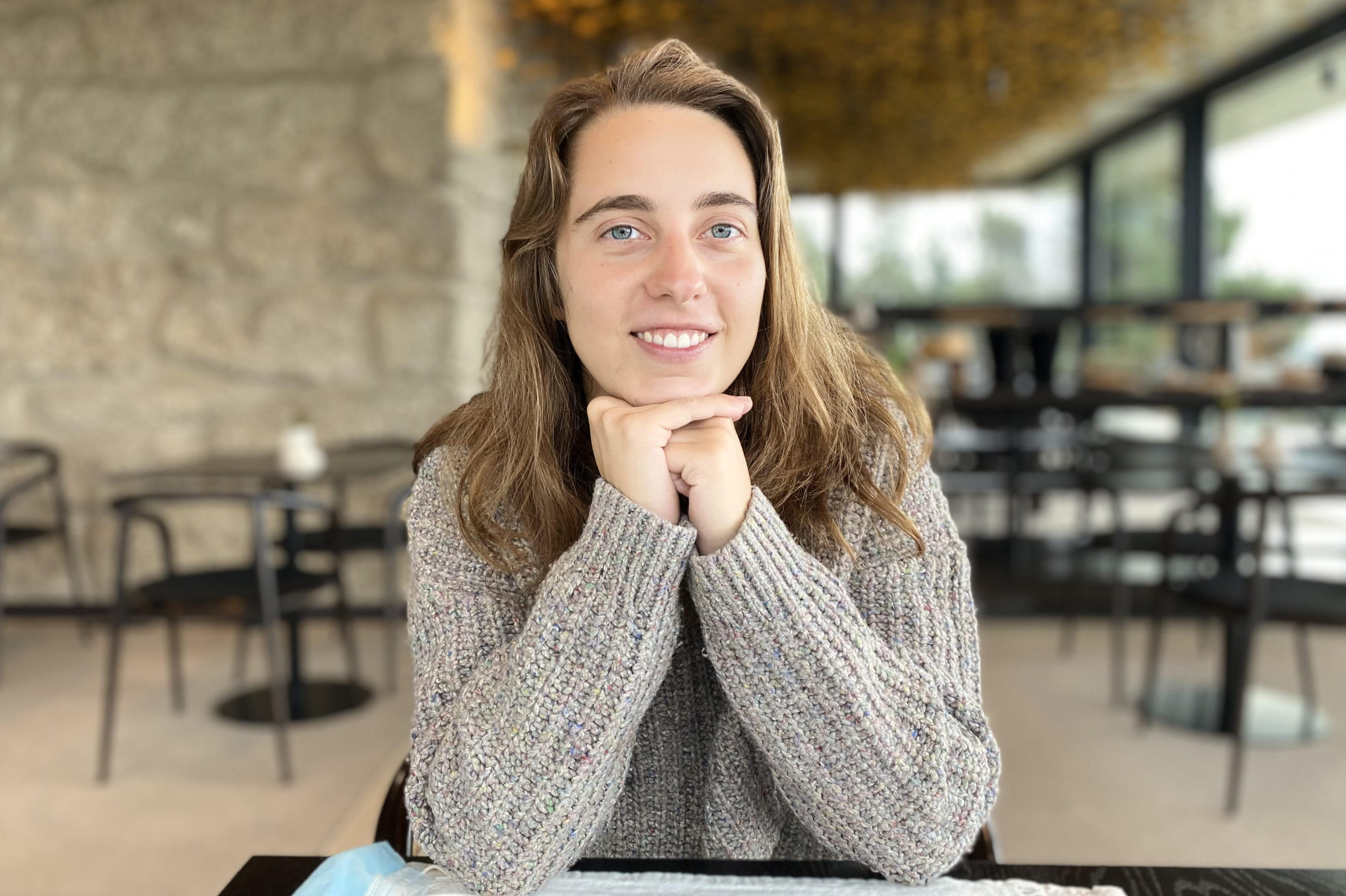
Marta Lima, co-creator of the Zoteria LGBT+ hate crime reporting app, describes the experiences that inspired the app and shares her hopes for the future.
In 2019, Marta Lima, 29, was the victim of a hate crime in Lisbon, Portugal.
“I was coming out of a restaurant with my girlfriend and going to our car, when a stranger tried to ram our car with his, shouting abuse at us for being lesbians and saying we didn’t belong here. It was absolutely petrifying.
“I was shocked and felt numb. But I didn’t report it or do anything about it because I didn’t think anyone would care.”
As many of her colleagues and friends had had similar experiences, Marta decided it was time to act.
“It’s not OK that we should have to change our behaviour and hide who we are. It shouldn’t be up to the individual to fight back. We’re not doing anything wrong,” she says with emotion.
The Zoteria app, which she co-created with a former colleague Rhys Shegar-Astoralli and with the backing of Vodafone Foundation, Galop and Stonewall, enables people to report incidents of LGBT+ hate crime. Users can report their own experiences or on behalf of someone else.
“So many people are silent victims, and that’s got to change,” she says. “We want to encourage people to report these incidents so we can gather data and then inform the authorities and legislators so they can make the changes we need.
“There is power in numbers,” she says.
Building a sense of community through the Zoteria app is also an important aim, says Marta, as is educating users about what actually constitutes a hate crime.
“It’s not always a physical attack,” she explains, “verbal abuse counts, too.”
‘No reason to hide’
Marta grew up in Lisbon with an engineer father and history teacher mother. Curious from a young age, she developed an interest in computer science and electrical engineering, eventually ending up with a Masters Degree in the discipline.
“I’m a creator, I like to make stuff,” she explains.
She designed and developed an app for museums and art galleries to help them keep track of, and digitally display, their works, before starting at Vodafone Portugal in its internet of things (IoT) team. A three-month assignment to the UK in Group Technology’s innovation division turned into a four-year stay, and Marta now specialises in ‘design thinking’ and cloud technology.
She came out as a lesbian to her family when she was 17, but still did not feel confident enough to be open about her sexuality at work.
“I went back in the closet,” she admits. But when a work colleague confided that’s she’d had a girlfriend for two years but hadn’t had the courage to tell anyone, Marta decided to share her own story and joined the LGBT+ network.
Not that coming out was easy. “First it was terrifying,” she admits, “but you can help others by speaking out. There’s no reason to hide.
“Joining the network made me feel more genuine and confident,” she says.
Marta hopes that “we can use technology and the reach of Vodafone to raise awareness of this issue and create a safer world for LGBT+ people.”
The Pride marches started about 50 years ago as a protest when people were tired of being attacked for being who they are, she says.
“But the fight is now digital, it’s not just on the streets.”
Stay up-to-date with the latest news and features from Vodafone by following us on Twitter and signing up for News Centre website notifications.


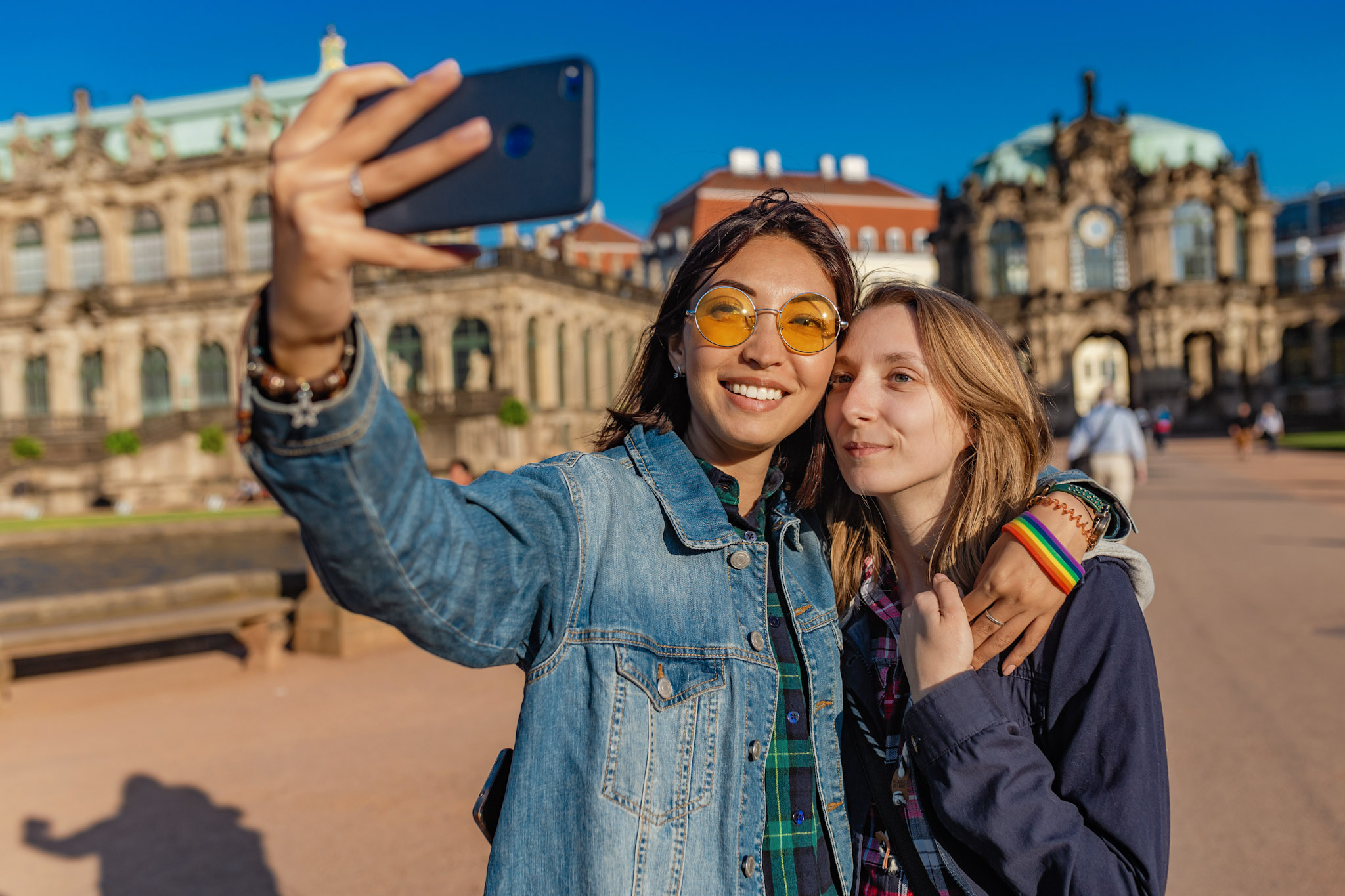


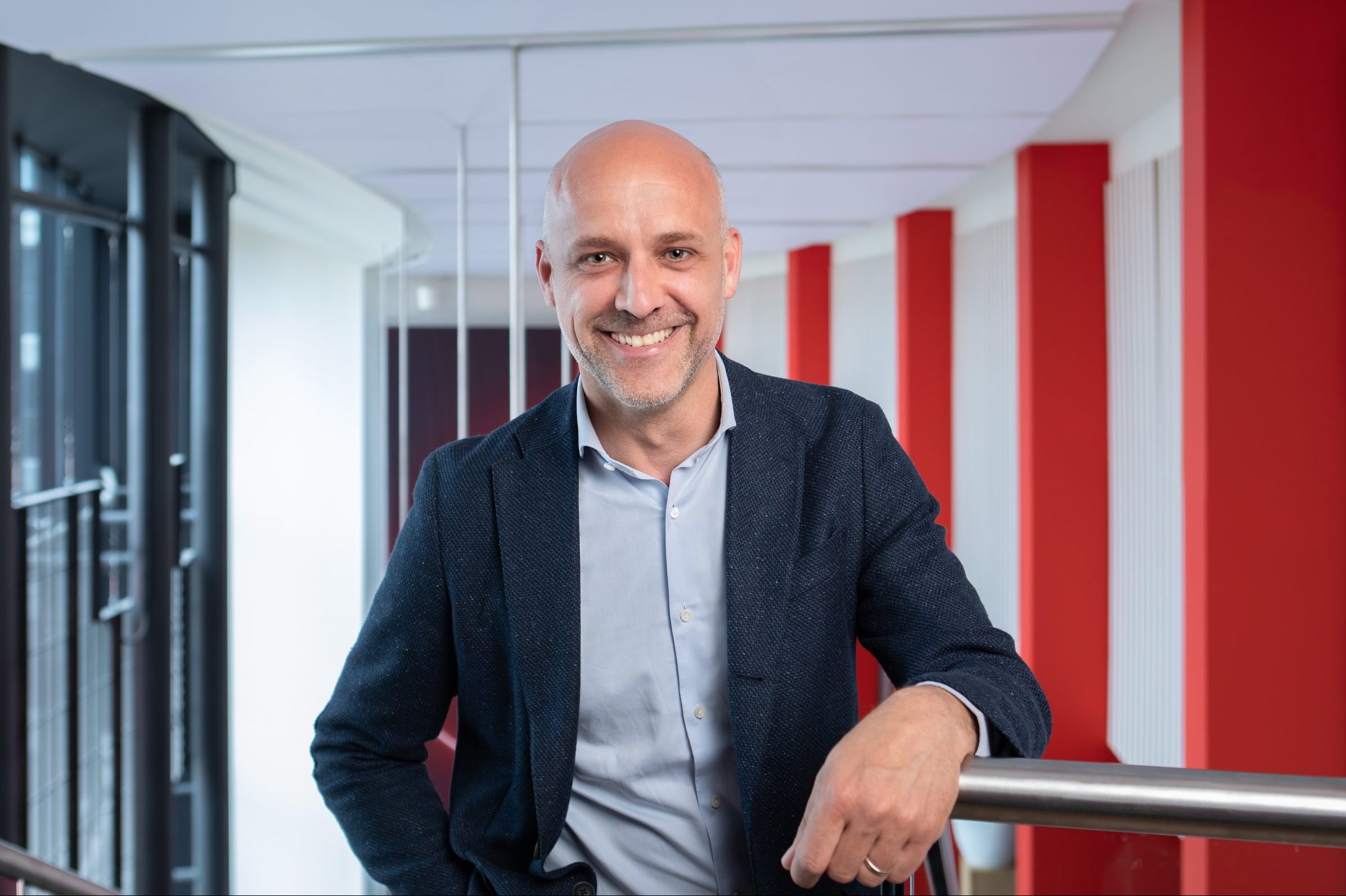
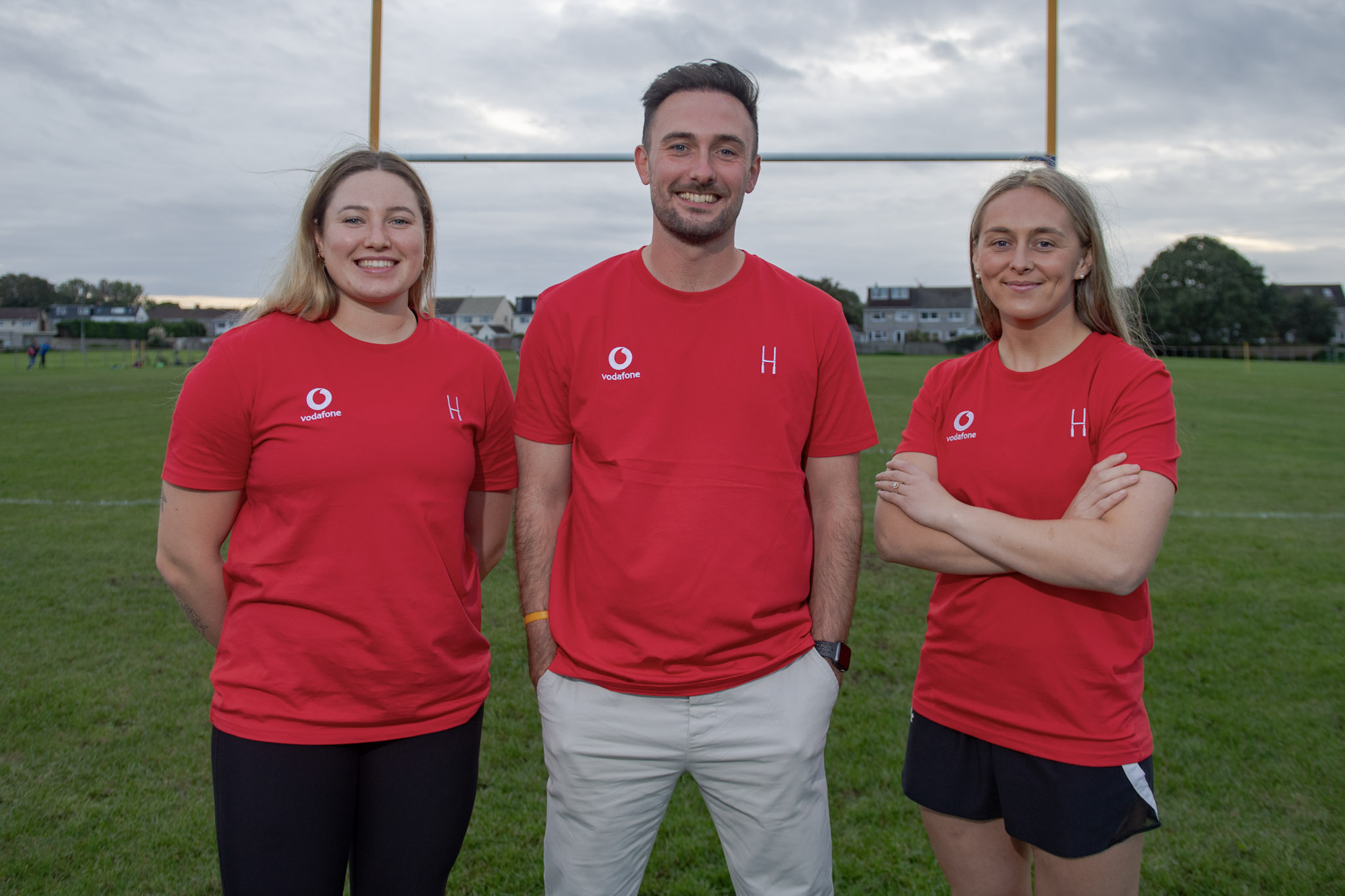

![Neurodiversity illustration[Adobe Stock]](https://www.vodafone.co.uk/newscentre/app/uploads/2024/03/Neurodiversity-illustrationAdobe-Stock.jpg)
